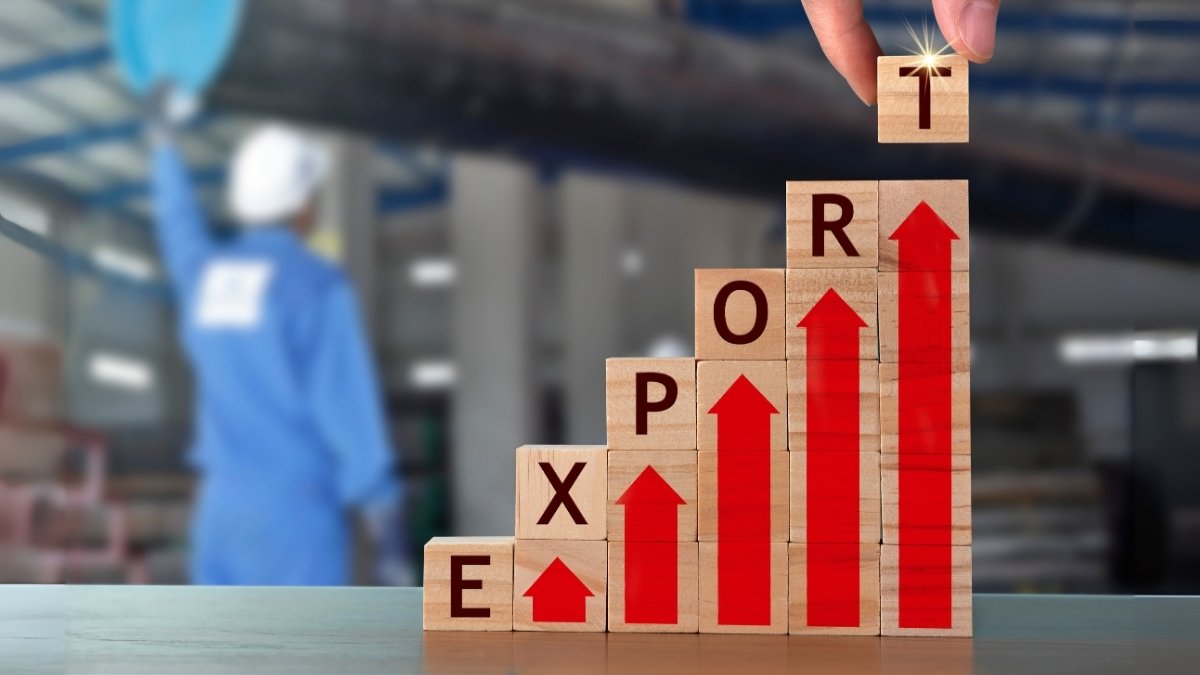In today’s evolving business landscape, where companies are measured not only by performance but also by environmental and social impact, investing in energy-efficient boilers is more than a technical upgrade.
It is a strategic move aligned with the global energy transition – a clear signal of modern leadership and commitment to sustainable growth.
1. Building a Green Brand – Leading the responsible consumption movement
Market trends reveal a growing consumer shift toward sustainability. According to Deloitte’s 2023 report, 73% of Gen Z and Millennial consumers are willing to pay a premium for brands that demonstrate strong environmental commitment. This marks a significant transition in consumer mindset – from price sensitivity to values-driven purchasing.
While traditional boilers are often associated with high emissions and outdated “coal-burning” imagery, companies that proactively switch to high-efficiency, low-emission systems are taking a smart step in brand positioning. This transition transforms a technical investment into a powerful marketing asset – conveying the message: “We act for the future.”
PR campaigns built around “carbon-neutral operations” and “green supply chains” are gaining momentum, particularly in energy-intensive industries such as textiles, food processing, and packaging—where boilers are not only essential to production but also serve as a symbol of environmental commitment.

2. Attracting ESG-aligned partners and long-term investors
In the turbulence of global supply chains and financial markets, ESG (Environmental, Social, and Governance) criteria have emerged as critical metrics for assessing investment risks and partnership potential. Increasingly, multinational corporations and major investment funds are embedding ESG standards into their partner selection and capital allocation strategies.
Leading global brands such as Unilever, IKEA, and Nike now require suppliers to actively reduce emissions and demonstrate transparency in energy use. Similarly, institutional investors like Temasek (Singapore) and BlackRock (USA) prioritize companies with certified energy management systems (e.g., ISO 50001) or the ability to report emissions in accordance with globally recognized standards.
In this context, investing in energy-efficient boiler systems is more than a cost-saving measure – it is a tangible commitment to the energy transition that enhances credibility and opens doors to global value chains seeking responsible and future-ready partners.

3. Regulatory Compliance – Avoiding the “cost trap” of environmental legislation
Environmental regulations in Vietnam are tightening significantly. Since 2022, the revised Law on Environmental Protection has imposed stricter emission limits for industrial boilers. Notably, QCVN 22:2022/BTNMT sets stringent thresholds on dust, NOx, and SOx, forcing manufacturers to either invest in treatment technologies or transition to cleaner equipment to remain compliant.
Globally, technical barriers and environmental policies are also reshaping market access. The EU Ecodesign Directive mandates minimum energy performance and carbon limits for industrial equipment exported to Europe. Most notably, the Carbon Border Adjustment Mechanism (CBAM) – set to take effect in 2026 – will require importers to pay a carbon fee based on the embedded emissions of their products.
Compliance can no longer rely on costly green certifications or end-of-pipe solutions. Instead, it calls for a fundamental transformation of the energy system. In energy-intensive industries, boilers remain one of the largest sources of emissions – making them a natural starting point in any energy transition strategy.

4. Export readiness: When technical standards become a market passport
An often-overlooked but critical factor in exporting steam-dependent goods – such as textiles, paper, food, or chemicals – is that the steam systems used in production must comply with international standards for safety, efficiency, and energy management.
Key certifications like EN 12952 (EU) for water-tube boiler safety and performance, or ASME Section I (USA), which is mandatory for pressure equipment operating in U.S. facilities, serve as technical passports that enable market access. Additionally, ISO 50001, a comprehensive energy management system, helps companies systematically monitor, improve, and report their fuel consumption – enhancing transparency and accountability.
Deploying energy-efficient boiler systems does not merely improve thermal performance – it also ensures alignment with these critical global standards. This reduces the risk of shipment rejection at borders and significantly boosts credibility with import partners and regulatory bodies.
In the broader context of energy transition, such upgrades position companies to meet increasingly stringent compliance demands while seizing export opportunities in a sustainability-driven global marketplace.

